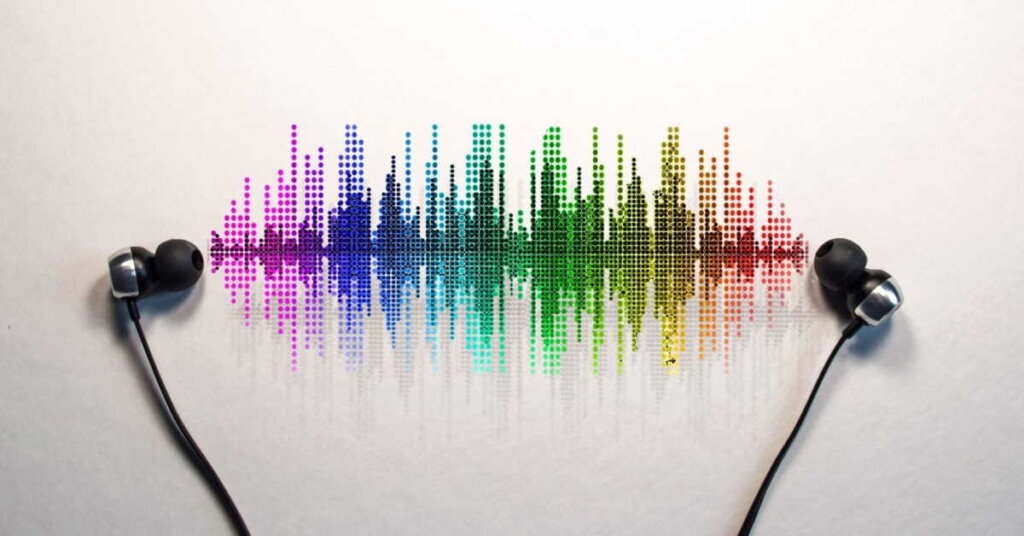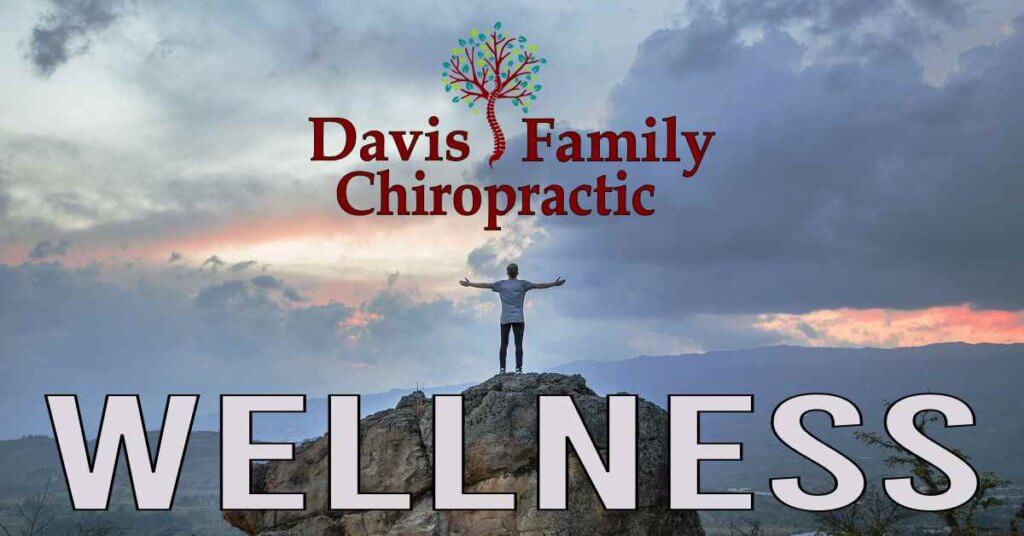You don’t need to be a scientist to know that music can improve your mood, make you want to get up and move, and evoke memories of good times. All of these activities are great for your physical and mental health. Music can have a profound effect on your brain and cognitive function.
Science has shown that listening to music sparks activity in multiple areas of our brains. Music enables different parts of the brain to operate in sync, bringing further dimensions to the experience. Health science research suggests that music can enhance a sense of well-being, reduce stress, facilitate interpersonal connections, modulate the cardiovascular system, improve balance, and boost the immune system. And from a risk benefit perspective, music can help achieve these health benefits without any of the adverse effects that are sometimes associated with drug treatment. So in addition to providing fun and pleasure, music has the advantage of being a safe and inexpensive health booster.
There is also research to support that patients with mild cognitive impairment or dementia can use music therapy to help reduce stress, promote morale and encourage interpersonal connections because memories of music are durable over the years even when other memories are not. Music making is also being used in motor therapies for people who experience a stroke, where it has helped people regain speech and control over their movements.
In a 2020 study, the Global Council on Brain Health released consensus statements and recommendations based on extensive sources and research underlying the basic science of the impact of music listening and music making and the brain, including randomized controlled trials and observational studies. The following are some of the things they found to be true, some recommendations for individuals, and some practical tips…
Music in Healthy Aging
- Music is a powerful way to stimulate your brain.
- Music impacts different regions of the brain including those involved in hearing/listening, movement, attention, language, emotion, memory, and thinking skills.
- Music engages multiple parts of the brain and helps them work together.
- Music can help people recall meaningful memories and emotions.
- Music is important to promote mental well-being.
- Any style or type of music can be beneficial for the brain. It’s important to take into account a person’s musical preferences to maximize music’s potential to promote mental well-being for that person.
- Playing music, singing, or dancing together is a good way to increase social connections with other people and reduce loneliness, which is good for brain health.
- Music and dance are closely linked. Music motivates movement. Dance and other forms of physical activity are good for brain health.
- Learning to sing a new song, learning to play an instrument or learning to dance stimulates people’s thinking skills.
- Music allows us to change our emotional state and can often improve mood.
- Listening to music can help you manage stress.
- Music can have positive effects on the body and mind, including helping to regulate blood pressure and heart rate.
- Sleep is important for brain health, and music has been shown to help improve quality and length of sleep.
Music as Treatment for Diseases or Injuries Causing Cognitive Impairment
- The ability to dance, sing, and listen to music or play a musical instrument can be preserved in people with dementia, even during later stages of the diseases.
- Music for persons living with dementia can improve mood and quality of life, and can reduce anxiety and depression. There is mixed evidence that music may also reduce agitation. Ongoing therapy with music the person likes is necessary to maintain the benefits.
- Music provides a way for people with dementia to share positive experiences with others and can be a good way to connect with their caregivers.
- There is strong evidence that a specialized music-based treatment can improve movement in patients with Parkinson’s disease and stroke, including improvements in walking and talking.
- There is strong evidence that music helps recovery from stroke. Singing has been shown to help recover the loss of language functions in people due to stroke.
Recommendations for Individuals
- Incorporate music in your life. Music may improve well-being including quality of life. Listening to music provides a resource for enjoyment and entertainment, especially when shared with families and loved ones.
- Dance, sing or move to music. These activities not only provide physical exercise but they can also relieve stress, build social connections, and are fun ways to stimulate your brain!
- Enjoy listening to familiar music that comforts you and evokes positive memories and associations.
- Try listening to new music. While listening to music that you know and like tends to cause the strongest brain response and dopamine release, unfamiliar melodies may stimulate your brain, while providing a new source of pleasure as you get used to hearing them.
- Listen to music to encourage yourself to exercise. Music can provide a mental boost and help motivate you to move your body. And it can hasten clearance of lactic acid buildup during recovery from vigorous exercise.
- Don’t delay getting your hearing checked if you notice you are having trouble hearing. Correcting hearing loss as soon as possible is important for maintaining brain health and preserving cognitive function (as well as
continuing to enjoy music!). - Make music yourself! Music making can include both singing and playing an instrument. Learning to play a musical instrument can offer a sense of mastery and self-esteem, while enhancing brain activity. Singing may be
the simplest way to get started. - Try making music with other people. Singing or playing music with and for others can generate positive feedback that enhances self-esteem and provides a satisfying sense of accomplishment. It also can create friendly new bonds with your fellow performers. The benefit of making music with others is not limited to performing music; it also can reduce feelings of isolation.
- Try joining or forming a music-making group, such as a community choir, band or orchestra. Making music in groups creates cohesion and a sense of belonging that can promote your mental well-being.
- If you are unhappy, try listening to or making music to improve your mood or relieve feelings of depression.
Practical Tips
- Explore technology that can enable you to listen to music across multiple devices such as your phone or television. Try music apps such as Spotify or Pandora which will offer suggestions of new music you might enjoy, based on algorithms identifying similar sounding music to your current selections.
- If you have tinnitus, try music to help mask the annoying buzzing or ringing you hear. Tinnitus is the perception of constant or periodic noise in the ears that increases in prevalence with age and hearing loss and affects about 15-20 percent of people over age 60.
- When many other abilities are compromised through frailty or ill-health, try enjoying music as one of the best ways to engage in a pleasurable activity.
- Consider using music to encourage mindfulness and minimize negative thinking; music is often used as part of cognitive behavioral therapy techniques to help improve mood, anxiety and depression.
- Caregivers for people living with dementia should try to use music the person likes as a way to help them reduce anxiety, depression and agitation and help connect them with loved ones.
- Nursing facilities should use evidence-based music therapy, incorporating music that residents enjoy, to reduce symptoms of depression, anxiety and agitation, while decreasing the use of antipsychotic drugs and sedatives. Providing music that people enjoy can induce feelings of nostalgia, happiness and calm without the down-side risks of medications.
- Implement community music programs that can have beneficial effects for many people, including individuals living with dementia and their caregivers.



